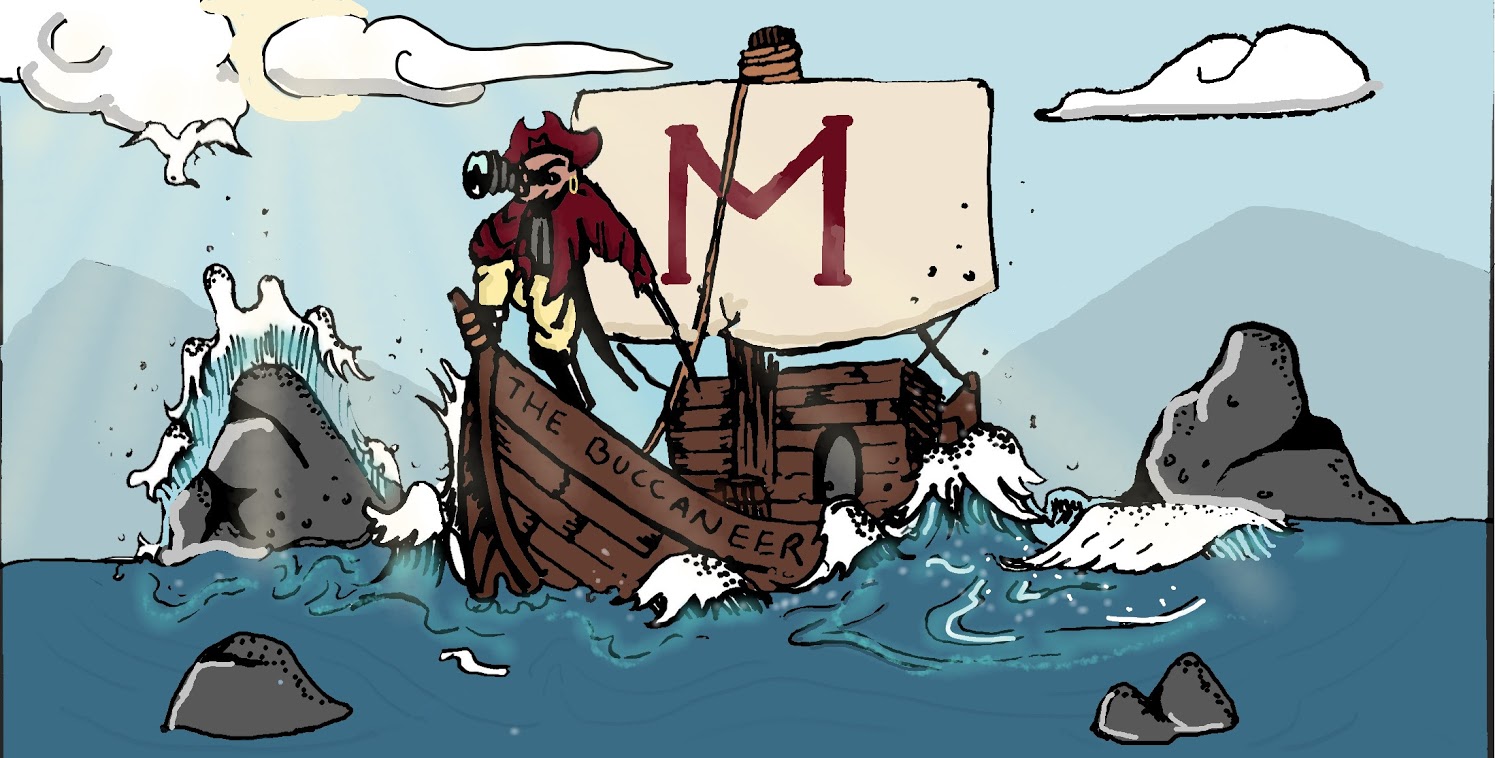Treating Addicts as Patients, Not Prisoners
November 30, 2018
When considering the fate of addicts, some might be unsympathetic. Some might believe that the substance abusers who wind up incarcerated “got what they deserved” or “knew what they were getting themselves into.” The current narrative surrounding addiction needs to change because addiction is a disease, not a crime.
Since the 1970’s, America has been waging a failed war on drugs. After decades of sending drug addicts to jail, drug use hasn’t decreased, and drugs are more available now than ever. People who are against decriminalization of drugs believe that drug use would surge as a result. This is incredibly naive. The truth is, drugs are not hard to come by; the people that want to do drugs will do them whether they’re illegal or not.
In 2001, Portugal became the first country to decriminalize drugs. What does this look like? According to The Guardian: “Rather than being arrested, those caught with a personal supply might be given a warning, a small fine, or told to appear before a local commission – a doctor, a lawyer and a social worker – about treatment, harm reduction, and the support services that were available to them.” Hand-in-hand with a cultural shift that changed the way addicts were viewed, drug use in Portugal plummeted.
It would be impossible to discuss America’s reliance on the criminal justice system to solve our drug problem without discussing its undertones of racial motivations. As reported by The Huffington Post, black Americans are thirteen times more likely to be arrested for buying, selling, and using drugs than their white counterparts, despite drug use among white and black Americans being roughly the same. Incarceration based on drug use is another way America institutionally subordinates people of color; for this reason, decriminalizing drugs would be a step in the right direction to achieve authentic socioeconomic equality for all people in the United States.
Those against decriminalization often cite the cost of treatment and rehabilitation to taxpayers. At the end of the day, society pays for addicts one way or another. According to The Huffington Post, the twenty prisons that opened in California during the height of the war on drugs, 1980’s to mid-2000’s, cost taxpayers nearly $10 billion a year. Treating addicts would not only be less expensive than arresting them, but would also benefit communities by increasing the amount of productive members of society.
Because of the extreme controversy surrounding this issue, we, as a nation, might not be ready for this change. To get to this point, though, it’s necessary to first destigmatize addiction. Change your perspective. Addicts are patients, not prisoners, and should be treated as such.

